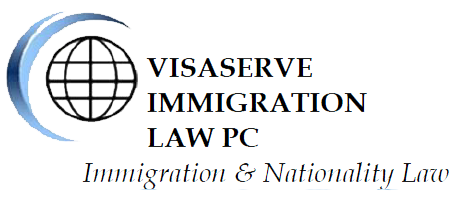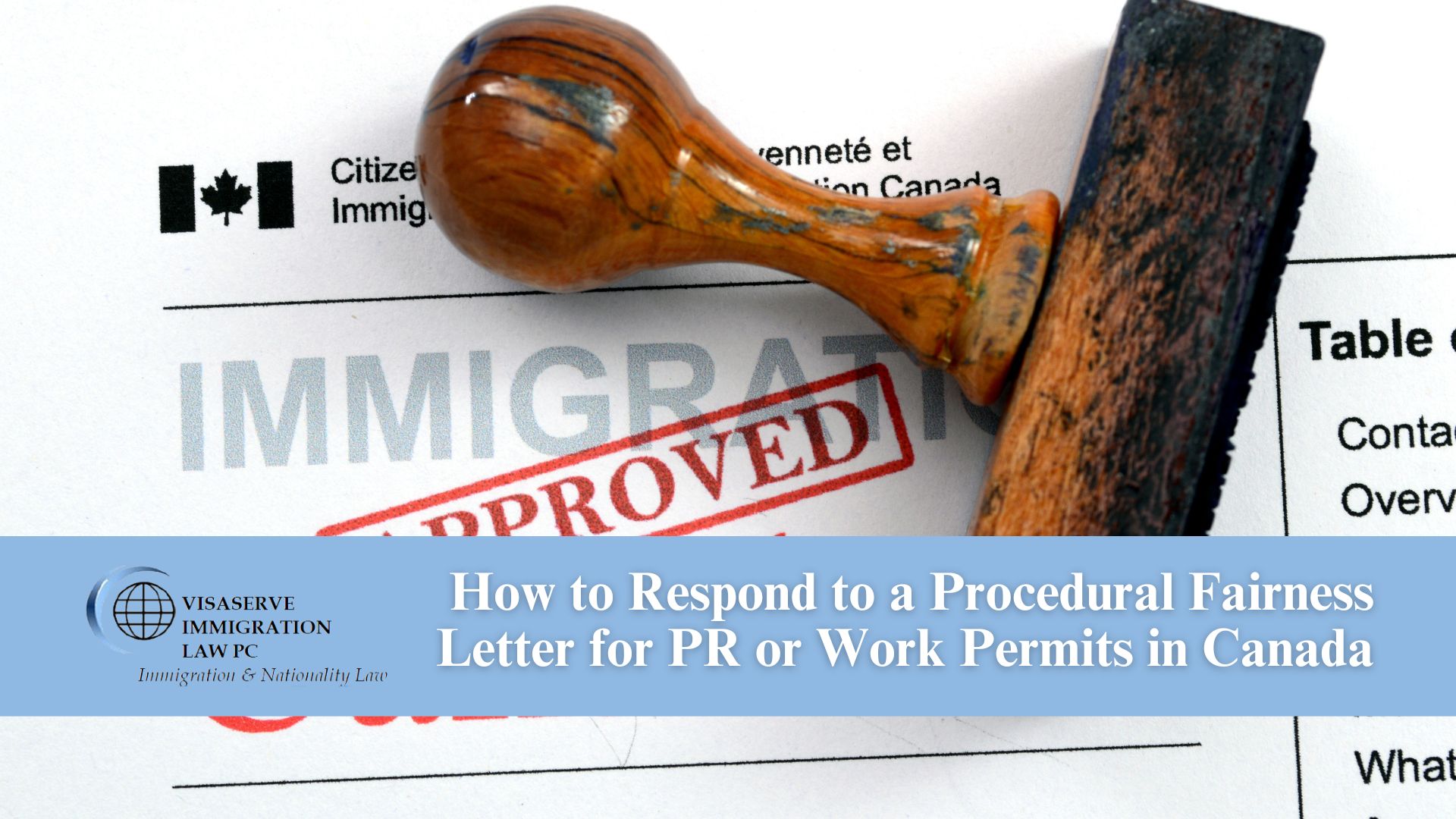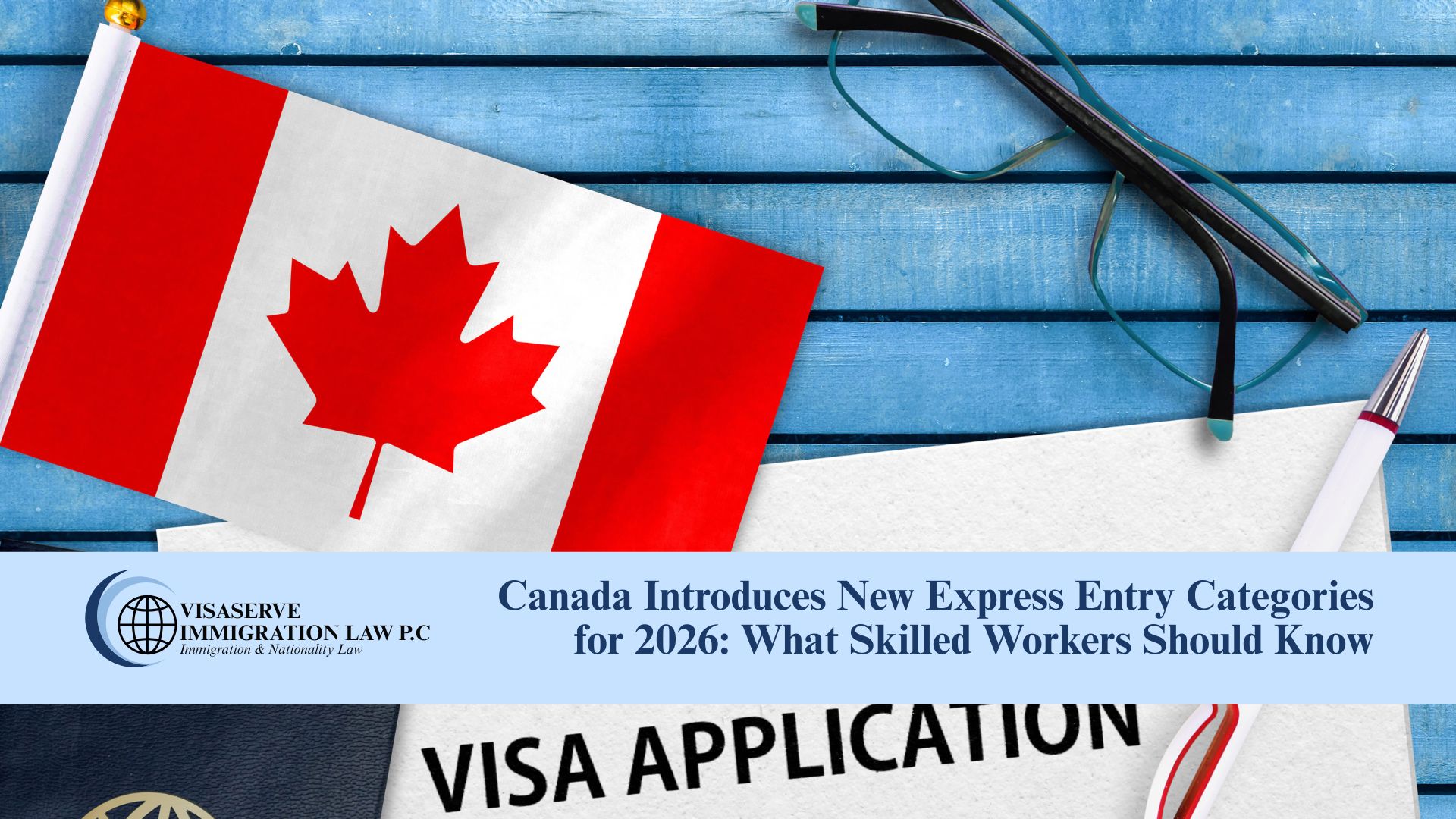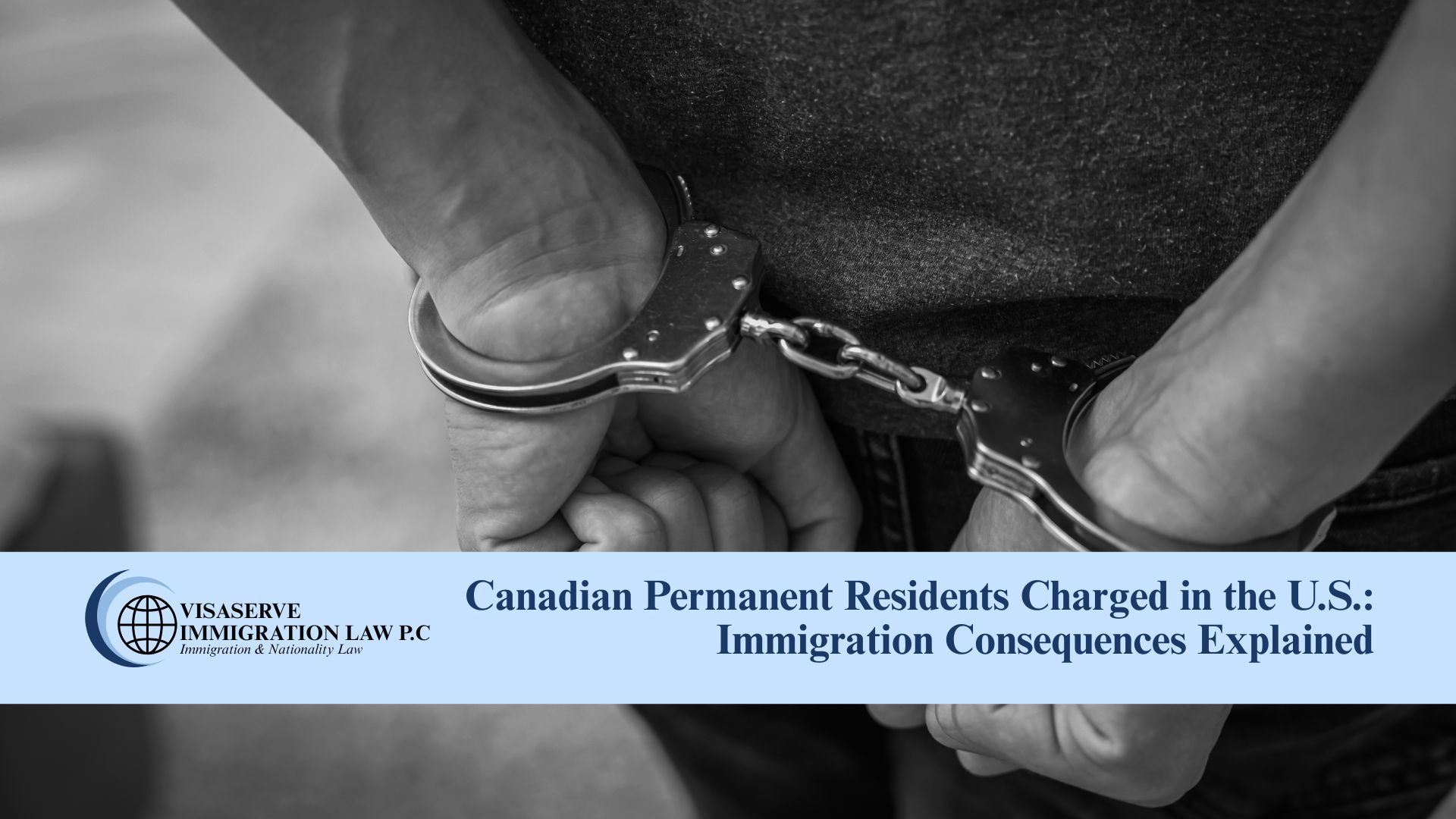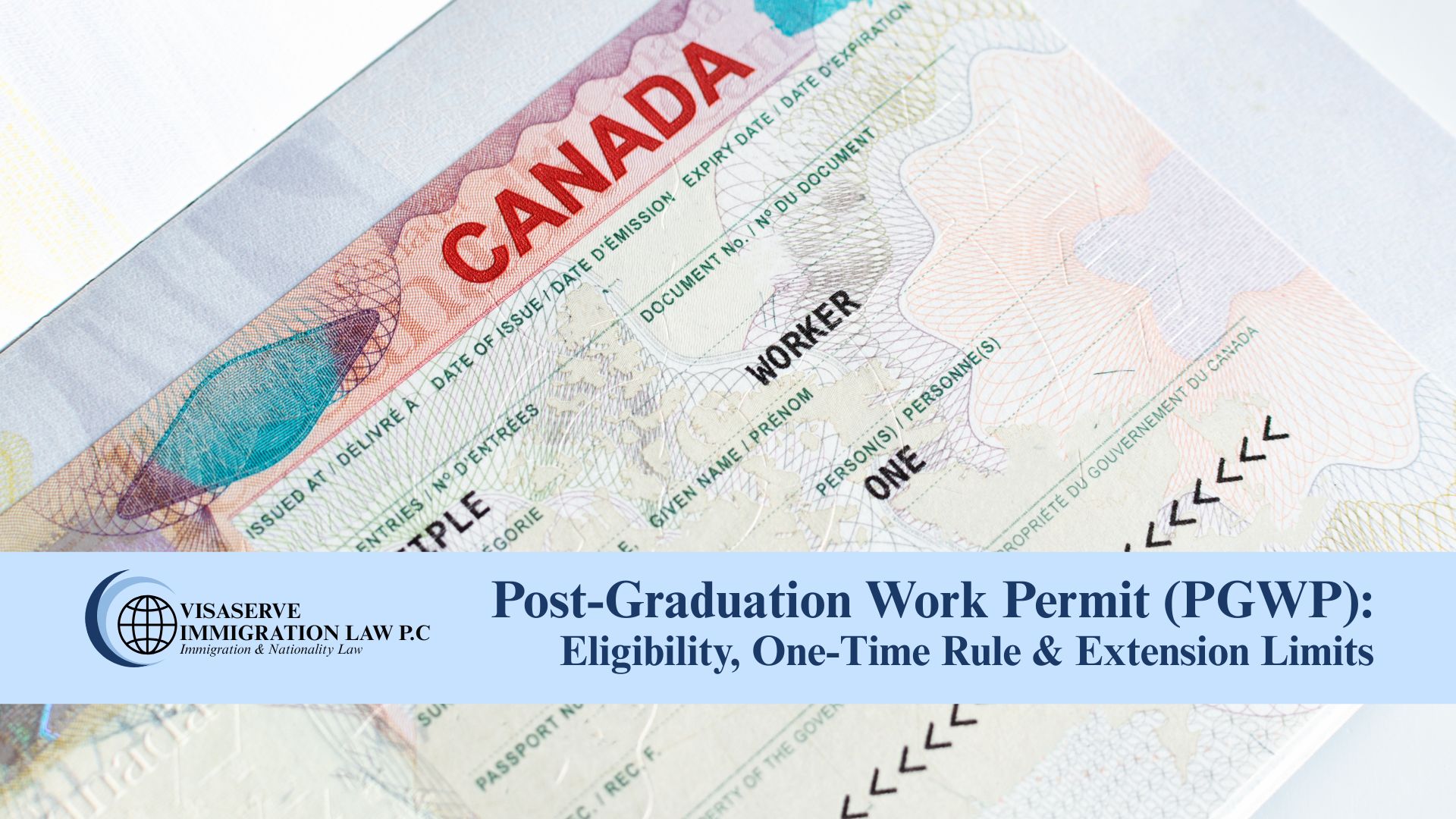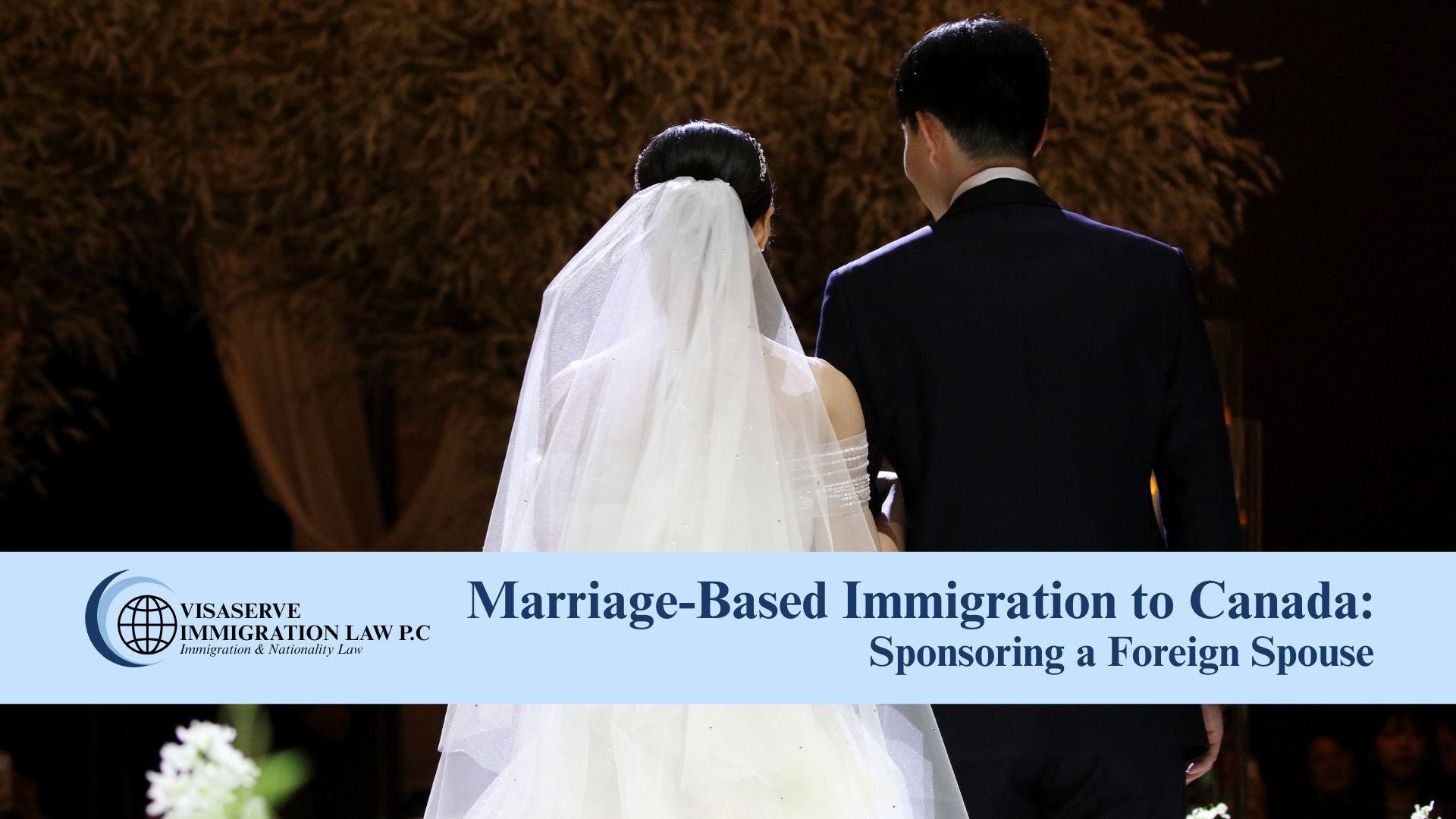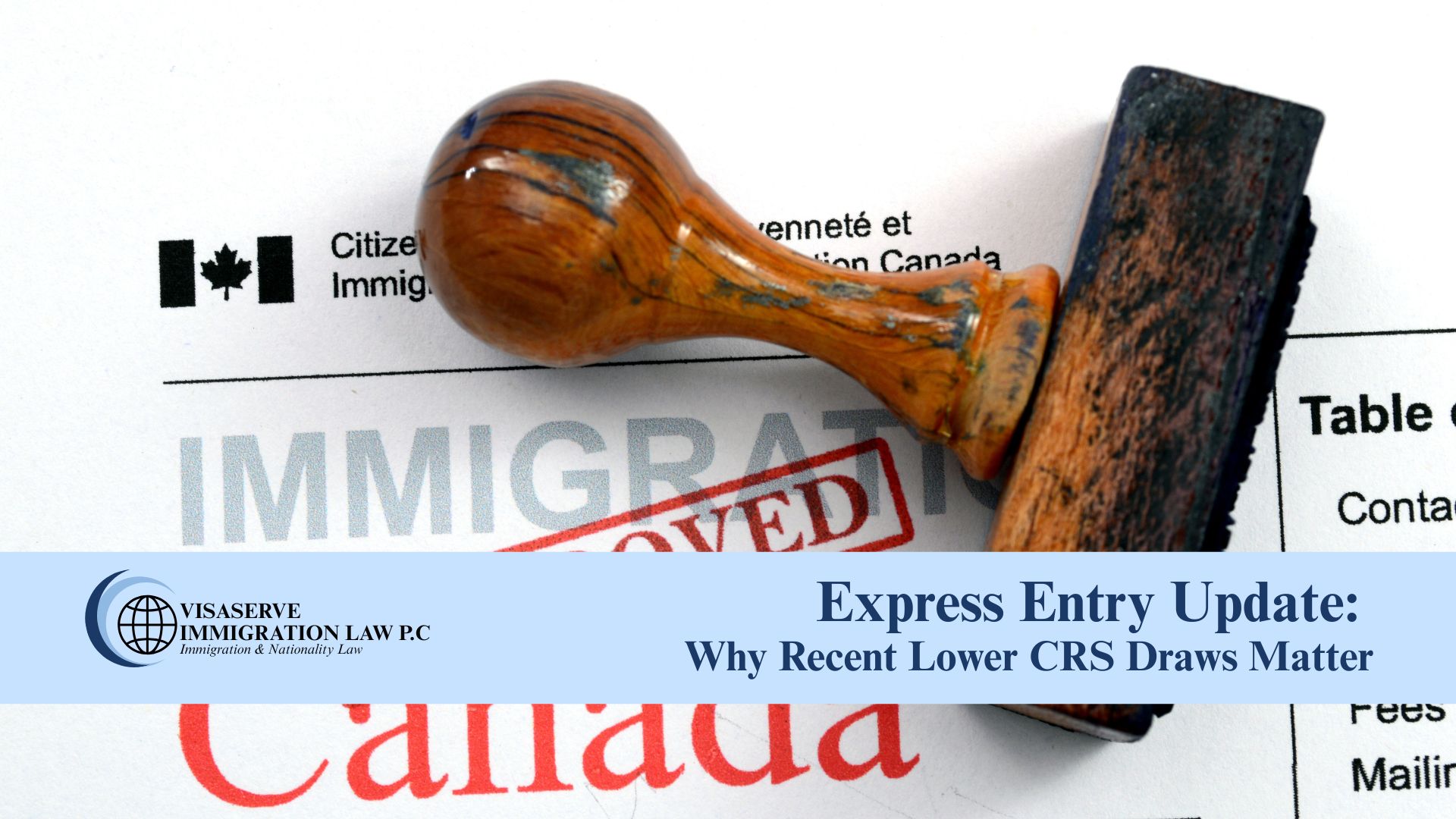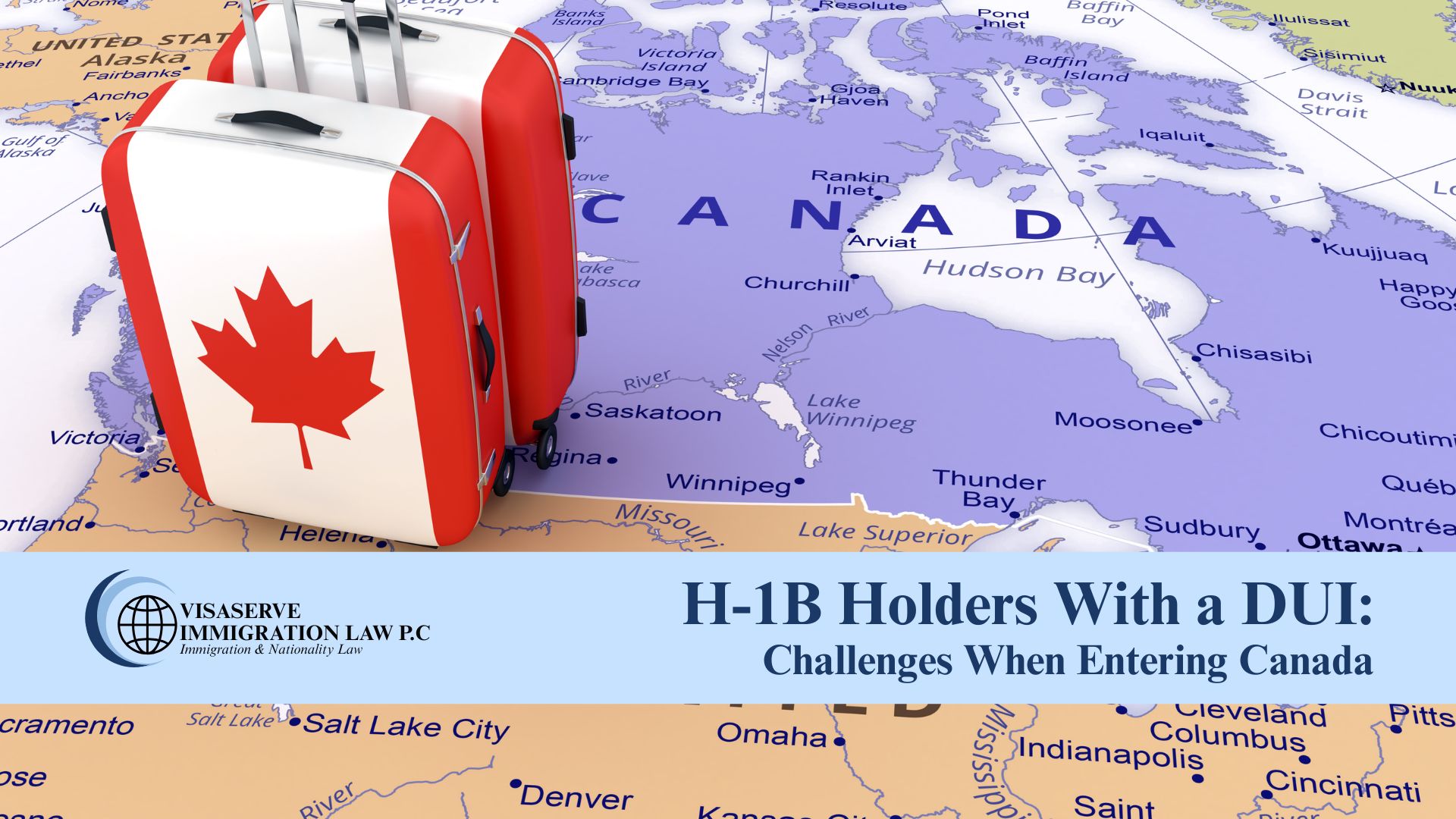If you’re applying for permanent residence or a work permit in Canada, receiving a Procedural Fairness Letter (PFL) from Immigration, Refugees and Citizenship Canada (IRCC) can be overwhelming. But it’s also your critical opportunity to correct the record, address concerns, and potentially preserve your application. Understanding what procedural fairness means—and how to effectively respond—is key to avoiding a refusal.
What Is a Procedural Fairness Letter?
A Procedural Fairness Letter is a formal notice from IRCC stating that there are concerns about your application that could lead to its refusal. These concerns might include:
-
Medical inadmissibility (e.g., excessive demand on health or social services)
-
Misrepresentation (even unintentional)
-
Criminality or security issues
-
Concerns about genuineness of job offers or relationships
-
Insufficient documentation or contradictory information
The letter gives you an opportunity to respond before a final decision is made—this is the cornerstone of administrative law in Canada: the right to be heard.
The Principles Behind Procedural Fairness
The principles of procedural fairness require that all decisions by immigration officers be:
-
Unbiased – The officer must be impartial and make decisions based solely on evidence.
-
Transparent – You must be informed of the concerns so you can respond.
-
Responsive – You have the right to present your side, submit evidence, and explain inconsistencies.
-
Timely – You must be given adequate time to respond (usually 7 to 30 days depending on the issue).
-
Reasoned – Final decisions must be explained and grounded in facts, law, and policy.
How to Respond to a Procedural Fairness Letter
1. Understand the Concerns Thoroughly
Before reacting, carefully review the letter. What exactly is IRCC questioning? Is it your medical condition, the legitimacy of a document, or a gap in your timeline? Understanding the issue is critical to preparing a focused response.
2. Seek Legal Counsel Immediately
Because the stakes are high, most applicants benefit from working with a Canadian immigration lawyer. Legal professionals can:
-
Identify flaws in IRCC’s assessment
-
Draft a detailed rebuttal
-
Organize supporting evidence
-
Reference case law or IRCC guidelines
At VisaServe Immigration Law P.C., we’ve helped numerous clients respond to PFLs successfully—many of whom later received PR or work permits despite initial concerns.
3. Submit a Complete and Well-Organized Response
Your response should be:
-
Professional in tone
-
Addressing each concern with documentation
-
Factually accurate and legally sound
-
Submitted before the stated deadline
If the issue is medical inadmissibility, for example, you may need to submit a mitigation plan showing that your treatment will not impose an excessive demand on Canada’s healthcare system.
If the issue is misrepresentation, clarify intent, explain discrepancies, and submit affidavits if needed.
4. Keep a Copy and Confirm Submission
Always save a full record of what you submitted. Use IRCC’s webform or upload portal to ensure your documents are received on time. Keep proof of delivery.
What Happens After You Submit?
Once your response is submitted, IRCC will:
-
Review your explanation and supporting documents
-
Re-evaluate your case
-
Make a final decision
You may still be refused, but if your response was strong and addressed the concerns fully, there’s a good chance your application can proceed.
Why Procedural Fairness Matters
Procedural fairness is not just a courtesy—it’s a legal obligation that protects your rights as an applicant. If IRCC fails to provide this fairness (e.g., by not giving you a chance to respond), the decision can be appealed or judicially reviewed in Federal Court.
Final Thoughts
A Procedural Fairness Letter is not a refusal—it’s a second chance. But it’s also your only chance to respond before a decision is finalized. Treat it with urgency, care, and legal precision.
At Visaserve Immigration Law P.C., we specialize in complex immigration matters—including PFL responses. Whether you’re facing concerns about inadmissibility, documentation, or misrepresentation, we can help you protect your pathway to Canada.
